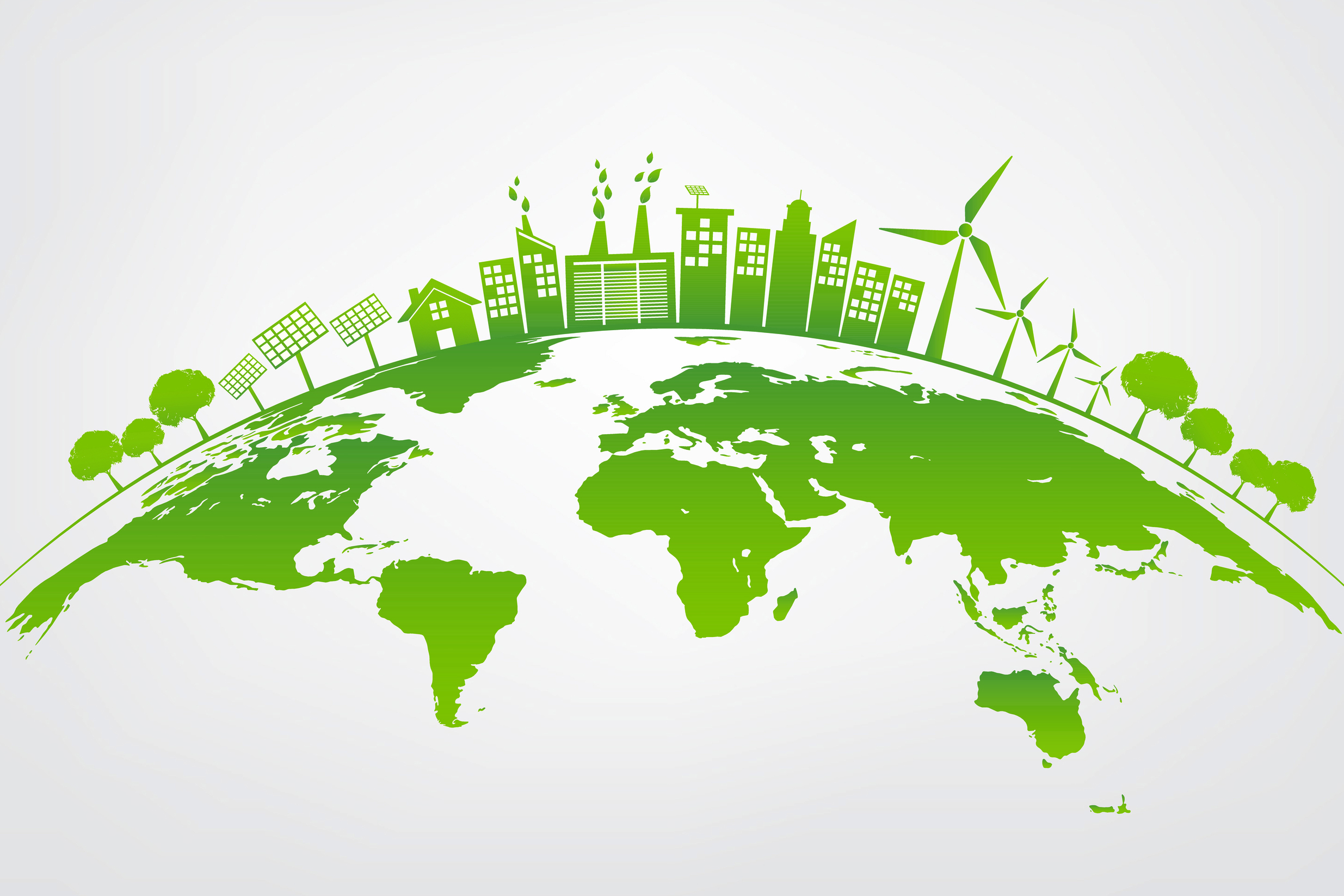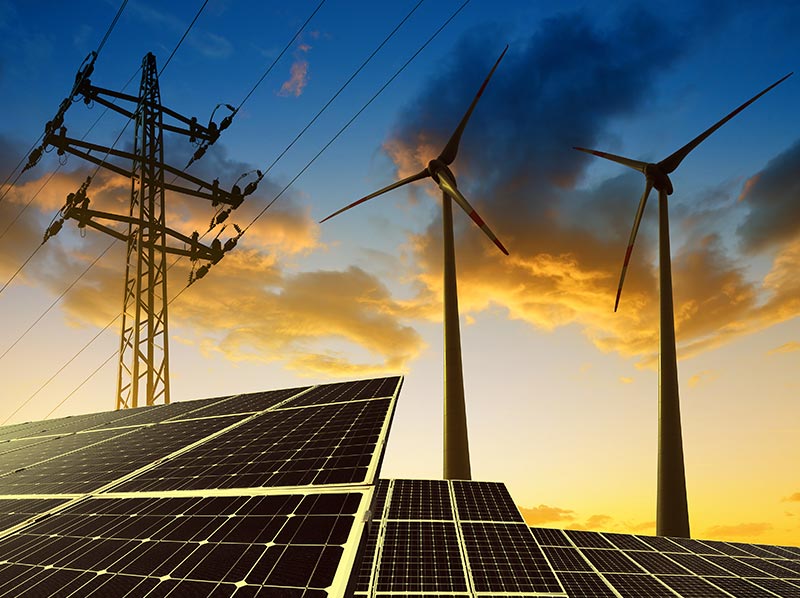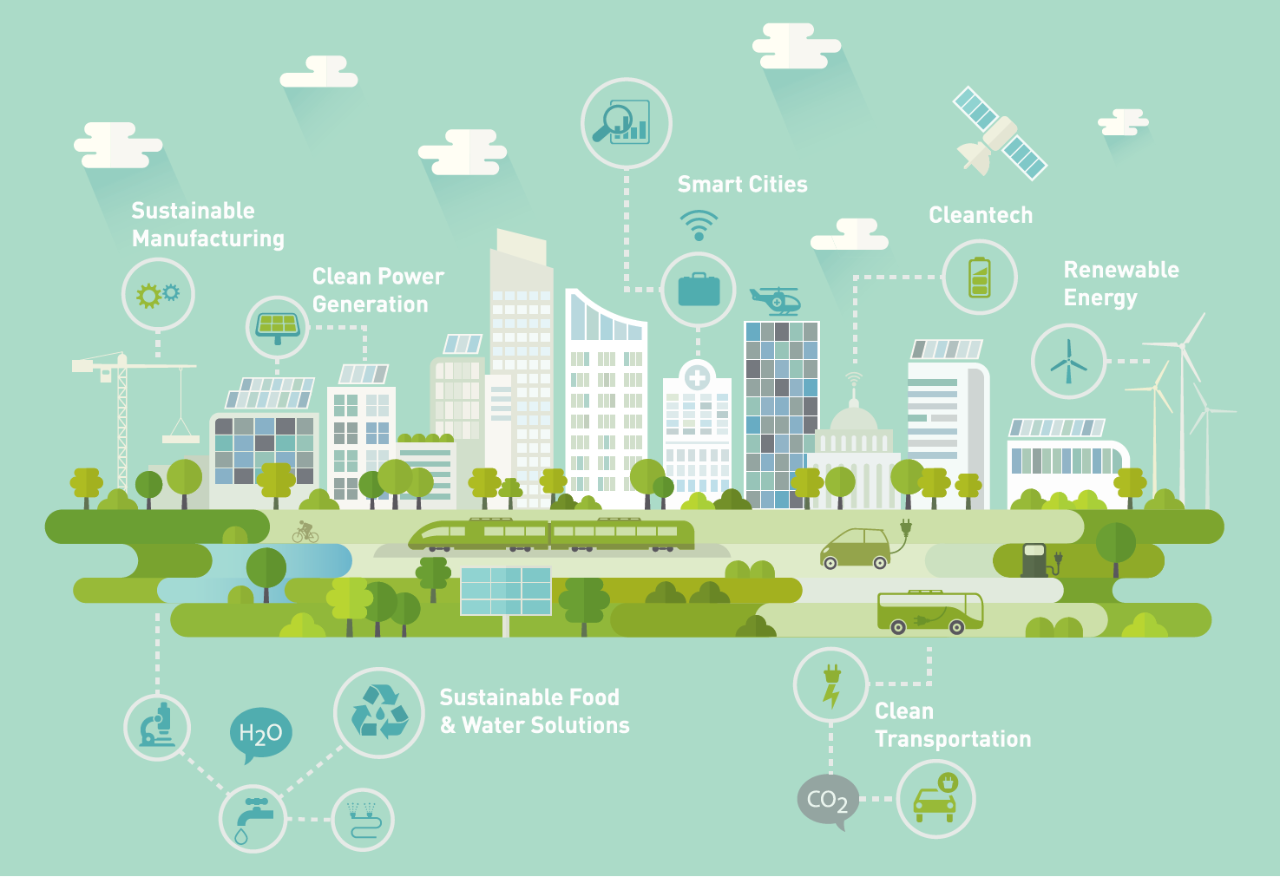 Source: bing.com
Source: bing.comEnergy is an essential resource that drives the growth and development of society. As the world's population continues to grow, the demand for energy is also increasing. However, the traditional sources of energy such as fossil fuels are not sustainable. The use of fossil fuels has a detrimental impact on the environment, contributing to climate change and other environmental problems. To address these issues, there is a need to shift to sustainable forms of energy. The future of energy lies in the rapid development and adoption of technology. In this article, we will explore the impact of technology on sustainable development.
Rise of Renewable Energy
 Source: bing.com
Source: bing.comRenewable energy is the future of energy. Renewable energy sources such as solar, wind, geothermal, and hydropower are sustainable and have a minimal impact on the environment. The use of renewable energy is increasing globally, driven by the rapid development of technology. The cost of renewable energy has decreased significantly in recent years, making it more accessible and affordable. The rise of renewable energy is transforming the energy sector, and it is set to dominate the future of energy.
Smart Grid Technology
 Source: bing.com
Source: bing.comThe future of energy is not just about the production of energy but also about the distribution and consumption of energy. Smart grid technology is a revolutionary concept that is transforming the energy sector. Smart grid technology uses advanced sensors, communication, and control systems to manage the distribution and consumption of energy. Smart grids enable the integration of renewable energy sources and the efficient use of energy, reducing energy wastage, and carbon emissions.
Energy Storage Solutions
 Source: bing.com
Source: bing.comOne of the biggest challenges of renewable energy is the intermittent nature of these sources. Energy storage solutions are critical to the success of renewable energy. Energy storage solutions such as batteries, pumped hydro storage, and thermal energy storage are becoming increasingly popular. The development of energy storage solutions is crucial for the efficient distribution and use of renewable energy.
Electric Vehicles
 Source: bing.com
Source: bing.comTransportation is a significant contributor to carbon emissions. Electric vehicles are an essential component of sustainable transportation. The development of electric vehicles is driven by advancements in battery technology. The use of electric vehicles can significantly reduce carbon emissions from transportation, making it more sustainable.
The Internet of Things (IoT) and Energy
 Source: bing.com
Source: bing.comThe Internet of Things (IoT) is a network of interconnected devices that can communicate and exchange data. The IoT is transforming various industries, including the energy sector. IoT devices such as smart thermostats and smart appliances can reduce energy wastage and improve energy efficiency. The IoT also enables the efficient management of energy consumption in buildings and homes.
Conclusion
The future of energy is exciting, driven by rapid technological advancements. The adoption of sustainable energy sources such as renewable energy, smart grid technology, energy storage solutions, and electric vehicles will contribute to a more sustainable future. The Internet of Things (IoT) will play a significant role in the efficient management of energy consumption. The development of technology is critical to achieving sustainable development and mitigating the impact of climate change.

